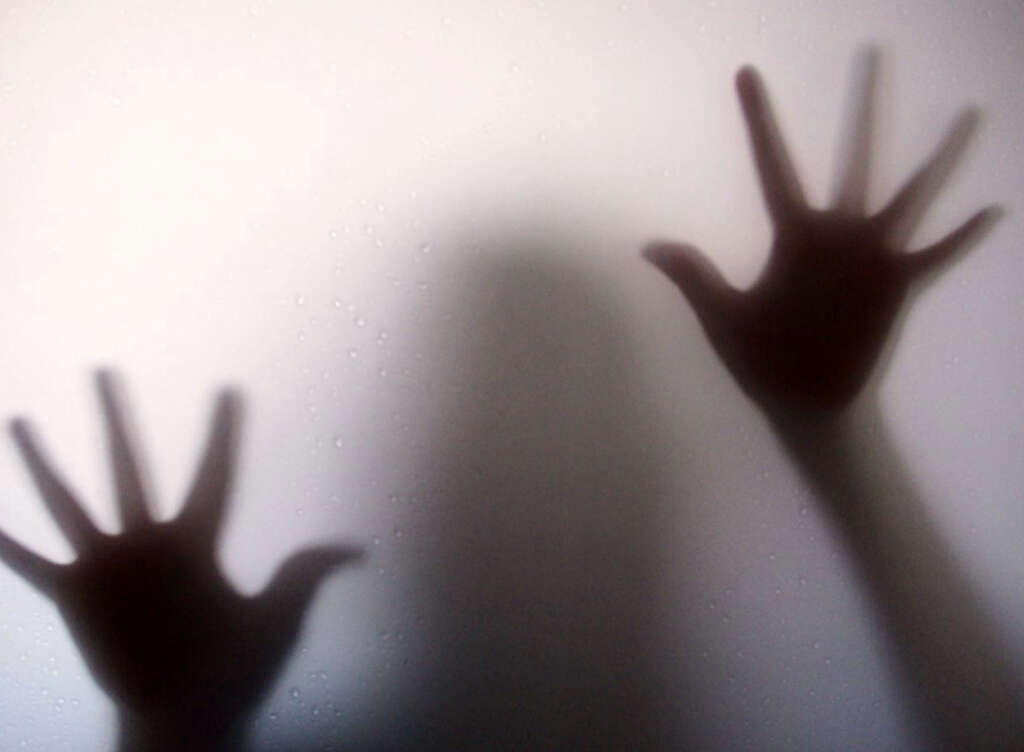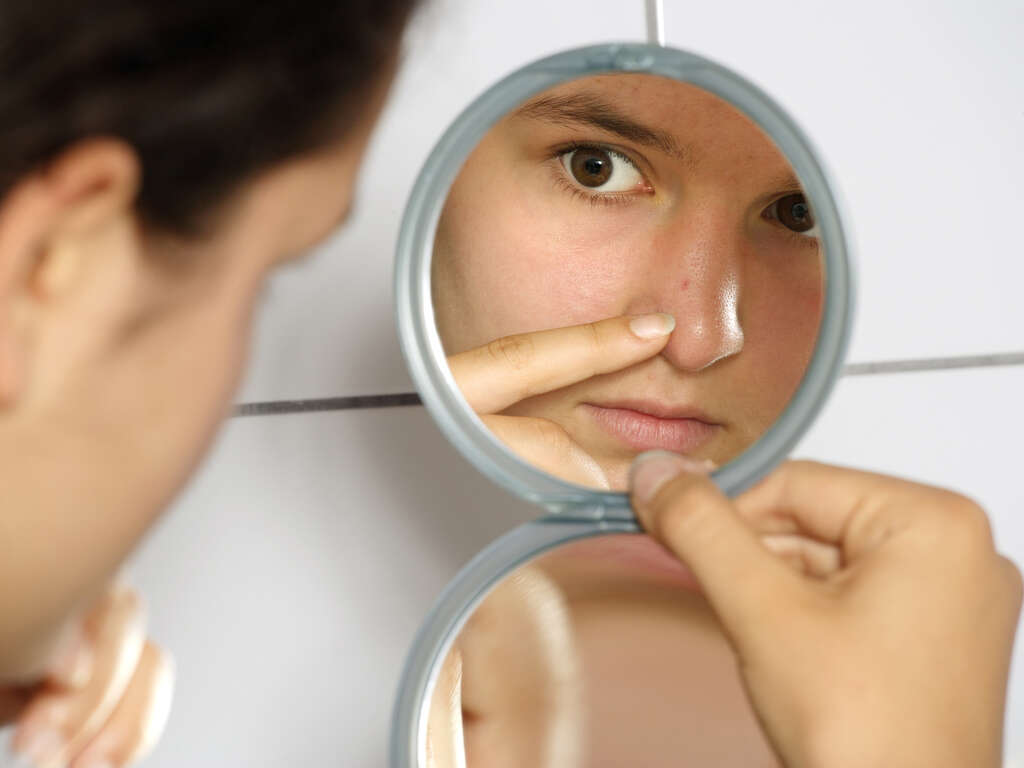What Is Depersonalization?
Our minds are capable of some extraordinary things. We have an incredible ability for abstract thought as well as an imagination that can take us to worlds that exist only in our minds. With something so complex and so deep, however, it is also inevitable that things can go wrong.
Some people will find that their own brains make the feel as though they are not themselves. It can be a terrifying and distressing condition, and it is also one that we know very little about. Treatment is available that can help the patient manage the condition and, hopefully, help them to live a relatively normal life.

1. Depersonalization
Depersonalization is a phycological disorder in which the patient feels as though everything around them is not real. Another sensation they can experience is that they are outside of their own body and observing themselves. It can feel as though the patient is dreaming, even when they are awake.
Many people will experience depersonalization at least once in their lifetime, but it is only usually short-lived. For some people, however, the sensation can occur frequently, and it might persist all the time for some people. It can be very disturbing for the patient in some cases and it can have a severe negative impact on their quality of life.

2. Causes
Depersonalization is a condition that is not well understood. However, it is thought that certain genetic factors might increase somebody’s risk of developing it. Environmental factors are also likely to be another cause for the condition. Those with the condition are more likely to have experienced severe trauma in the past.
This may mean something like being abused as a child, or maybe being involved in a severe accident. What’s more is that patients with the condition are more likely to experience the symptoms when they are undergoing stress. Research is still underway to help professionals to understand it better to help them treat it more effectively.

3. Distress
As mentioned, the experiences can be very distressing for patients. The condition is rare in older people and the very young, although it is more common in teenagers and young adults. The patient is usually aware that what they are feeling is a symptom and not reality, and patients will often find it difficult to explain the sensation.
Many patients with the condition will begin to feel concerned about their mental well-being, and they may frequently have concerns about what is real and whether they even exist. The condition is often group with derealization which is a similar condition.

4. Emotional Numbness
Patients suffering from depersonalization will often feel as though they have a physical and/or emotional numbness to everything around them. They can feel as though their memories are not their own memories at all, and that they have no emotional attachment to those memories.
Patients will also often feel as though they don’t have control over their own movements or speech, and some will complain that they feel almost robotic. These symptoms can make it very difficult for the patient to live life, and can lead to other, potentially severe, mental health problems that will only add to the patient’s suffering further.

5. Observer
Patients with the condition will often feel as though the dimensions of their body have been distorted. For example, they might feel as though their arms and legs are shorter or longer than they are in reality. Some will also complain of a sensation that their head has been wrapped in cotton wool or similar.
Patients will also often experience sensations that they are outside of their own body looking in. It might feel as though they are floating above their own body looking down. They can feel as though their thoughts and feelings are not their own either. Rather, they feel as though they are observing somebody else’s thoughts and feelings.

6. Derealization
As mentioned, depersonalization is often grouped with another similar condition known as derealization. This forms a condition that is known medically as depersonalization-derealization disorder. Patients suffering from derealization will tend to feel as though they are disconnected from people that they are otherwise close to.
The patient can also experience distortions in the shape, size and distance of objects, and they can also experience a distortion in how they perceive time. The patient will often feel unfamiliar with their surroundings even if they are at home. Some will complain that they feel as though they are dreaming, or even that they are an actor in a movie. These symptoms can last for hours, whereas they can sometimes last for months.

7. Risk Factors
As mentioned, we don’t understand depersonalization well, including the exact causes of it. We do know however that certain people are more likely to develop the condition than others are. This tends to mean people that have experienced extreme physical or emotional trauma in the past.
People that have suffered abuse when young are in a high-risk category, as are people that are undergoing financial stress. Problems with relationships are also a potential problem. People that have certain personality types are also more likely to develop depersonalization. In addition, the symptoms can also be triggered by the use of certain recreational drugs.

8. Complications
Depersonalization can be very difficult for people to endure. Thus, in addition to the symptoms already mentioned, it can also lead to some potentially serious complications. It can play havoc with the patient’s life, and relationships and careers can suffer terribly as the patient struggles to function normally.
Patients with the condition can have difficulty remembering things, potentially causing problems at home and at work. Many patients with the condition can begin to develop a feeling of hopelessness. Depression can also develop, and this is a potentially very serious condition that causes many people to take their own lives every year.

9. Diagnosis
The nature of the symptoms of depersonalization will mean the patient will need to speak with an expert on the matter. The patient will often undergo tests to determine if there are any other health problems present. This can include a physical examination and laboratory tests, as well as questions about their lifestyle.
A specialist may then perform a full psychiatric examination on the patient. They will need to ask you about your behavior and your thoughts and they may be looking for signs of other mental health issues as well as depersonalization. Once a diagnosis is reached, the experts can then devise a treatment plan for you.

10. Treatment
As things stand, there is no medication that is known to be able to treat depersonalization. However, the patient may be prescribed medication that will help to treat symptoms caused by the condition, such as anxiety and/or depression. Without suitable medication, treating the conditions will revolve largely around psychotherapy.
A psychotherapist will speak with the patient to try and help them understand more about their condition. They will also be taught the tools they need to be able to recognize their symptoms and to control them. This includes helping the patient to learn skills that will distract them from their symptoms. Psychotherapy sessions may also be required for treating symptoms like depression.












